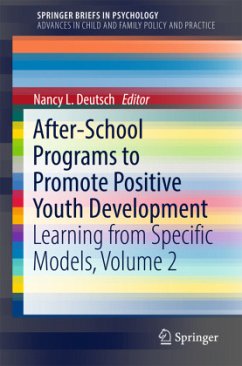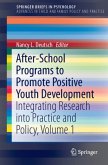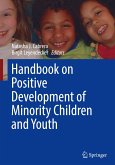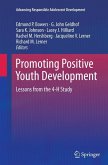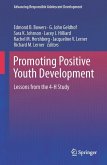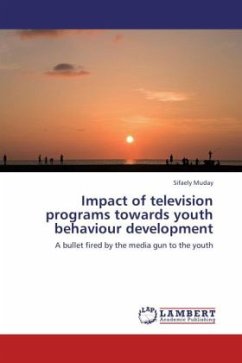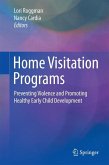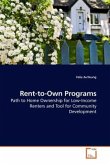The second volume of this SpringerBrief presents a series of papers compiled from a conference addressing how after-school programs can promote positive youth development (PYD) hosted by Youth-Nex, the University of Virginia Center to Promote Effective Youth Development. It examines summer learning and best practices for different types of after-school programs by drawing on the experiences of researchers, program staff, and youth participants. It also presents case studies of five specialized programs and discusses their strengths, limitations, and challenges. In addition, the brief offers recommendations drawn from across the two volumes for how researchers, policy makers, and practitioners can move the field forward and maximize the potential of after-school time and programs to promote positive youth development for children and adolescents.
Featured case studies of specialized after-school programs include: Richmond, Virginia's ROSMY.
The Clubhouse: Where Technology Meets Imagination.
The Young Women Leaders Program (YWLP).
Whatever It Takes (WIT) Program.
UTEC of Lowell, Massachusetts.After-School Programs to Promote Positive Youth Development, Volume 2, is a must-have resource for policy makers and related professionals, graduate students, and researchers in child and school psychology, family studies, public health, social work, law/criminal justice, and sociology.
Featured case studies of specialized after-school programs include: Richmond, Virginia's ROSMY.
The Clubhouse: Where Technology Meets Imagination.
The Young Women Leaders Program (YWLP).
Whatever It Takes (WIT) Program.
UTEC of Lowell, Massachusetts.After-School Programs to Promote Positive Youth Development, Volume 2, is a must-have resource for policy makers and related professionals, graduate students, and researchers in child and school psychology, family studies, public health, social work, law/criminal justice, and sociology.
"Volume 2 of the series, Learning From Specific Models, is broken into three chapters and seems best suited to those in education who work with summer programs and schoolcommunity partnerships and for those who are responsible for resource allocation and evaluation of these programs. ... would be appropriate for those who are involved in developing, implementing, researching, evaluating, or funding these programs for youth. This audience may include researchers, practitioners, educators, program developers, funders, and policy makers." (Michelle Stroffolino Schmidt, PsycCRITIQUES, Vol. 62 (50), December, 2017)

